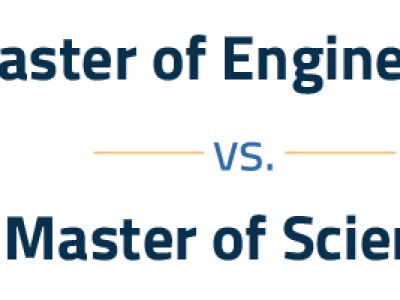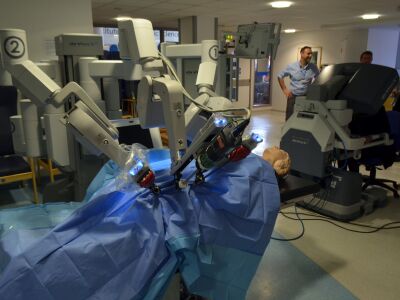Online Engineering Blog
While each individual has their own unique reasons for earning an advanced degree, everyone shares the same question at some point: How will I pay for graduate school? Luckily, many employers offer tuition reimbursement or tuition assistance programs that can offset the cost of your education. To learn how to take advantage of this under-utilized resource, download our 5-Step Employer Tuition Reimbursement Guide.
Technology drives our world and has a profound impact on all that we do, how we live and work, and on every single industry including engineering.
You’re considering becoming an engineer, but you didn’t earn an undergraduate degree in engineering. Can you pursue the profession anyway? The short answer is yes, but you will most likely want to go back to school—either for your bachelor’s or master’s—to broaden your engineering career options.
While all engineers may share some common traits, no two types of engineering careers are alike. The broad field of engineering encompasses myriad types of jobs, each presenting unique challenges and rewards. If you are considering pursuing an engineering career or changing engineering disciplines, read on to learn about four common types of engineering careers you can pursue.
Teaching relevant coursework is important for every graduate degree, but for online programs, Colin Drummond believes it offers an opportunity for a more flexible and valuable learning experience. Read on for a Q&A with Drummond.
You have a background in engineering, and you are considering your options for an advanced degree. Should you choose a Master of Engineering or a Master of Science in engineering program? Here, we cover the key differences when it comes to a Master of Engineering vs. Master of Science program, including curricula, competencies gained and career outcomes.
As all industries, including engineering, become more globalized, networked and responsive, employers are increasingly seeking flexible, collaborative engineers who can lead. Pursuing an engineering management degree is one way for engineers to set themselves up for success now and in the future. Read on for some of the benefits of earning an engineering management degree and reasons why you should consider studying online.
In 2020, COVID-19 sent America home from school. While some colleges and universities already had distance-learning programs in place, many more had to adapt rapidly to tools and systems that enable quality education while protecting students, faculty and support staff.
No matter what industry you’re in, making the jump to a leadership role can come with a number of challenges, especially in engineering fields where the skills that allow you to succeed as an engineer don’t necessarily translate into management. A good place to start is understanding the difference between titles. One of the most common questions: “What is the difference between a team lead and an engineering manager?” Without knowing the types of responsibilities for each position, it’s impossible to know whether they align with your own long-term career goals.
Would you trust your life to a robotic surgeon? How about your mental health? While some may be uncomfortable with the idea of a robot performing their surgery or comforting them in times of stress, it is becoming increasingly commonplace in the world of healthcare, where interest in (and funding for) medical robots within the field of biomedical engineering is rising.










